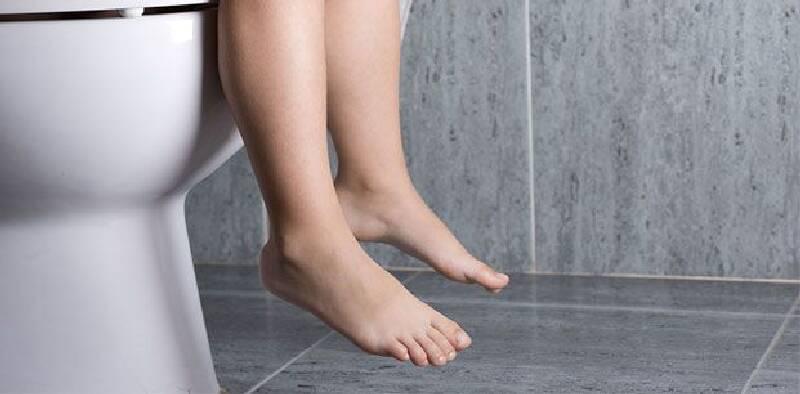Rotavirus is one of the many viruses that can cause diarrhea in children. Although rotavirus diarrhea often resolves without medication, the fluid loss in the body due to diarrhea can sometimes be very severe.

Rotavirus is one of the many viruses that can cause diarrhea in children. Although rotavirus diarrhea often resolves without medication, the fluid loss in the body due to diarrhea can sometimes be very severe. Especially in communities with low socioeconomic levels, severe conditions such as shock, kidney failure, and death due to dehydration can occur, making it important.
Rotavirus-related diarrheas are more common between December and May. Generally, the majority of children will encounter the virus and experience the disease by the age of 5.
A person infected with rotavirus begins to spread the virus to the surroundings with their stool before the symptoms of the disease appear, and continues to shed the virus with their stool for about 10 days after the onset of symptoms.
Rotavirus can also cause diarrhea in adults, but adults generally experience the disease much more mildly compared to children. Children aged between 4 and 24 months and those in daycare centers are at a higher risk of contracting the disease. Breastfeeding reduces the risk of diarrhea. The virus is transmitted through the ingestion of contaminated water and food by mouth and through respiratory droplets. Household transmission is common. After the virus is contracted, symptoms usually appear within 2 days. Rotavirus causes watery diarrhea, high fever, nausea, vomiting, loss of appetite, and abdominal pain. Since the diarrhea in patients is often copious and very watery, dehydration can occur gradually in the body. To prevent this, small babies with diarrhea should be given breast milk or formula after each watery bowel movement, and larger children should receive water supplementation. If vomiting is severe and persistent, and oral rehydration is not possible, immediate medical attention should be sought.
Medications that stop diarrhea are not recommended for children. Antibiotics have no place in the treatment of the disease. The disease is self-limiting and usually resolves within 7-10 days.
Rotavirus vaccines can be administered to babies from the 6th week onwards and should be completed by the 24th week. Of every 100 vaccinated children, 70-75% are protected against rotavirus diarrhea and do not contract the disease. Vaccines prevent almost all severe cases of diarrhea that require hospitalization.
The most important method to prevent the disease is proper handwashing, especially after using the toilet. Keeping sick children away from healthy children and breastfeeding infants also reduces contagion.


